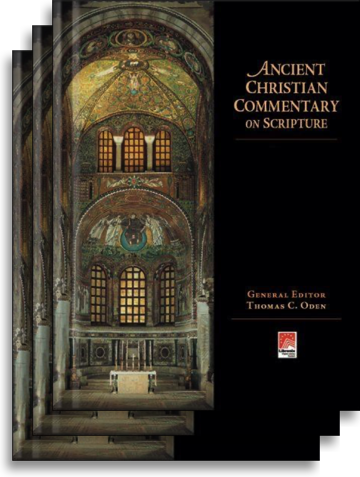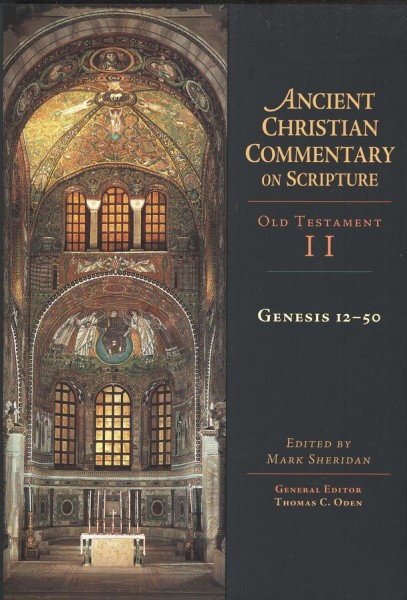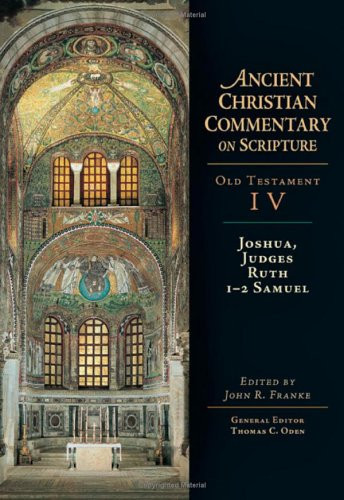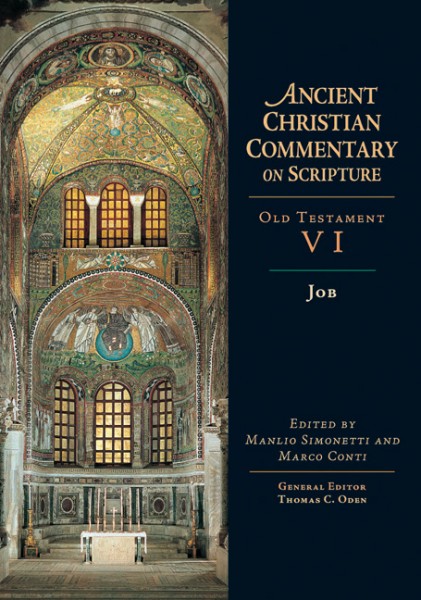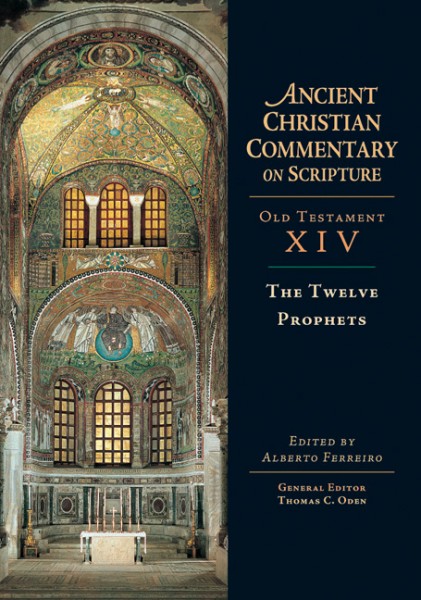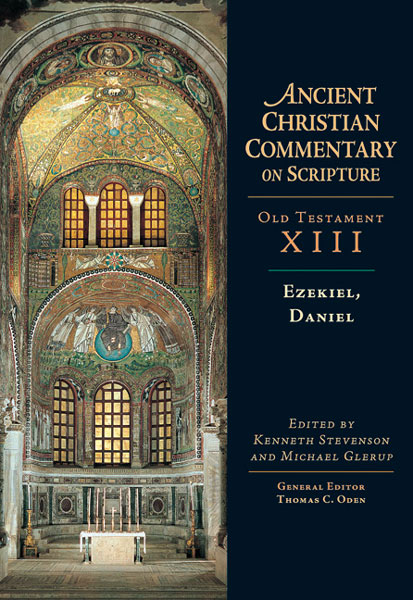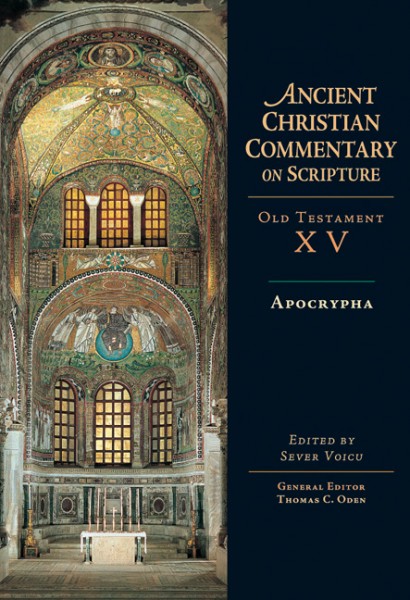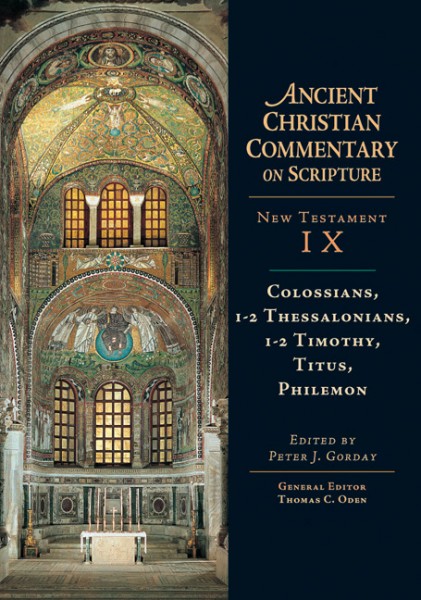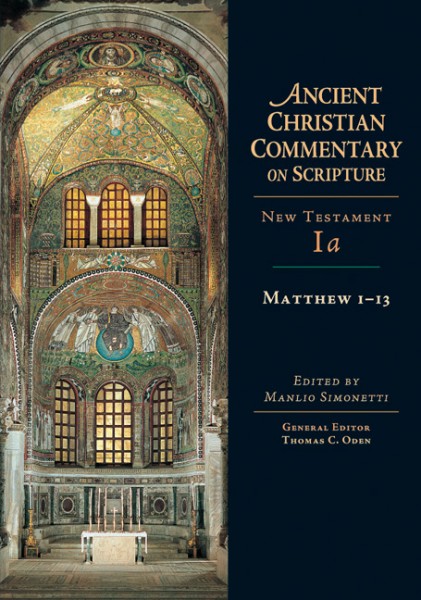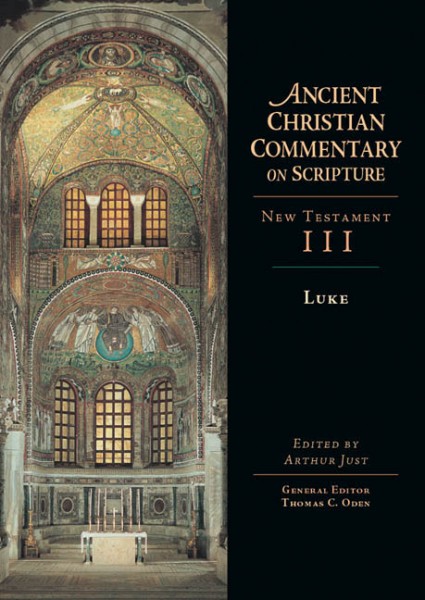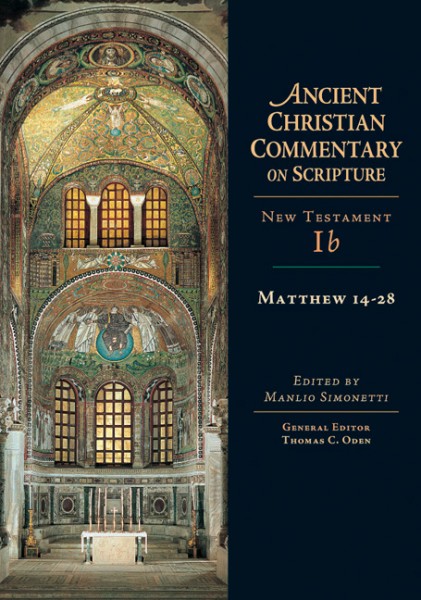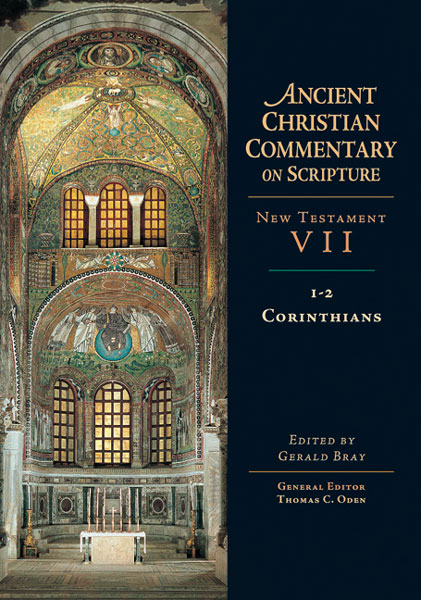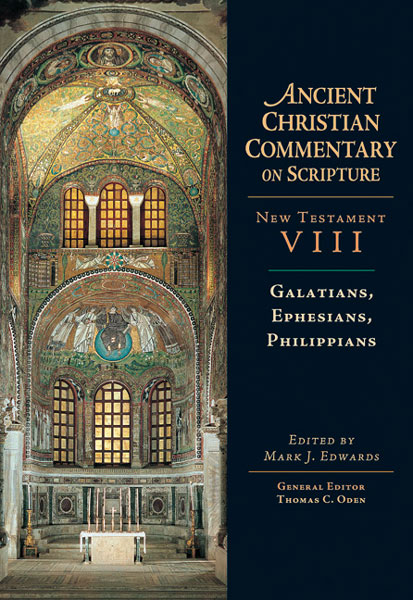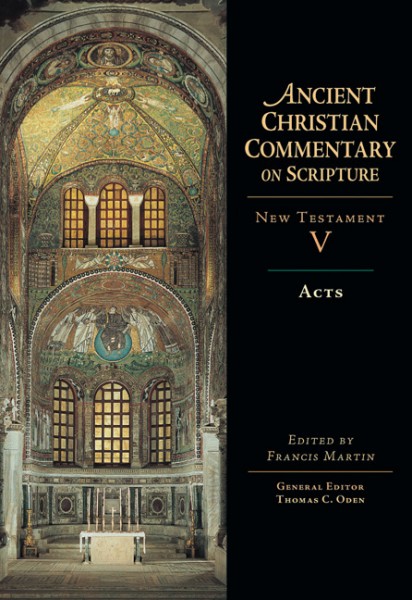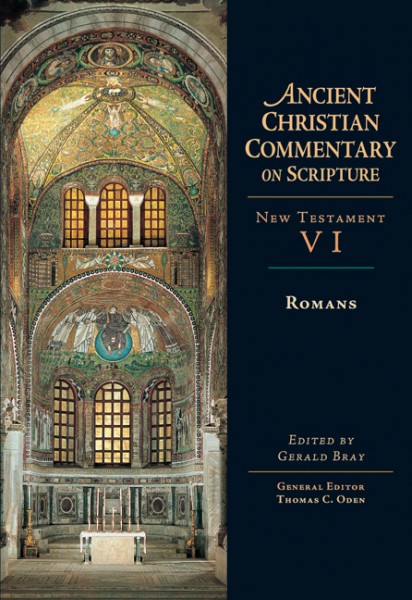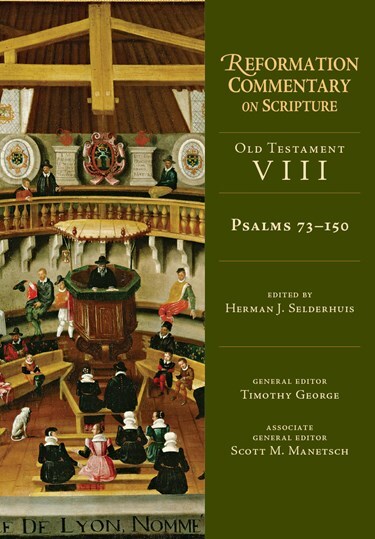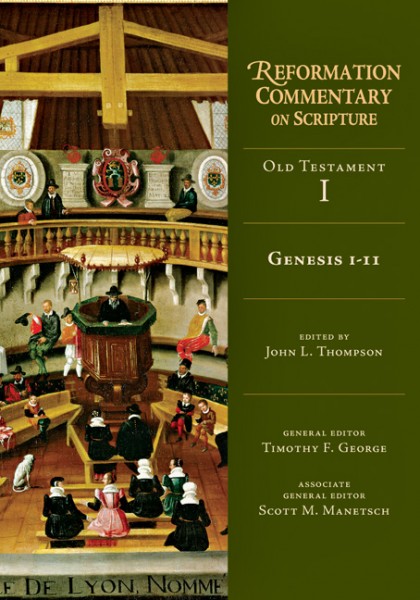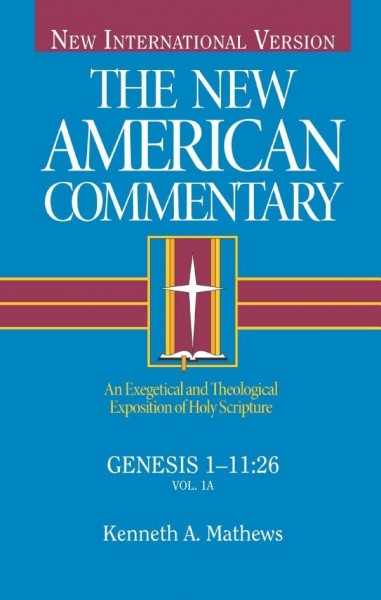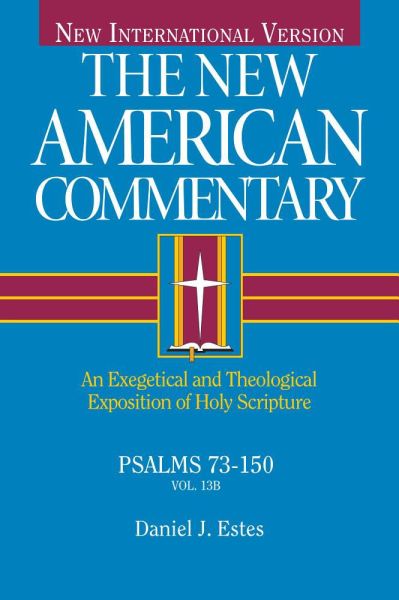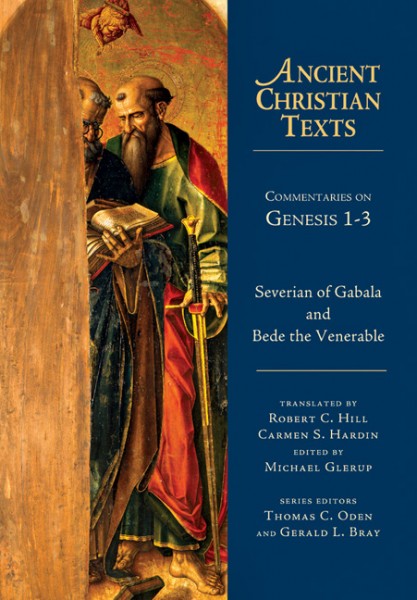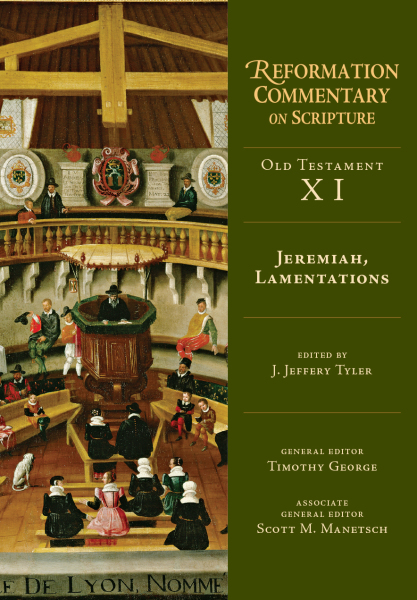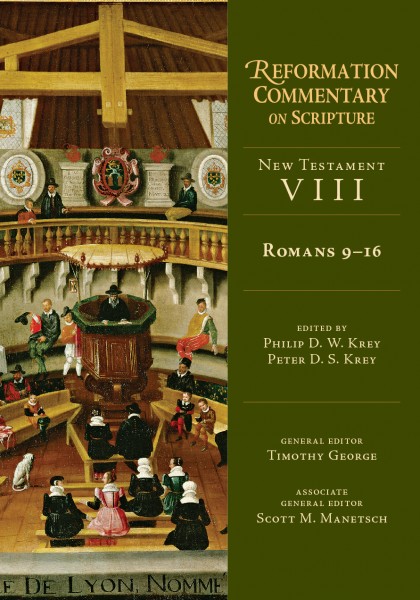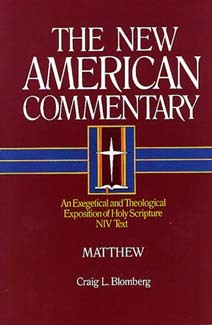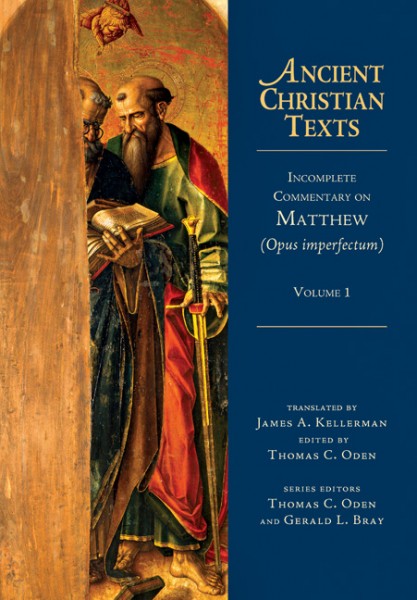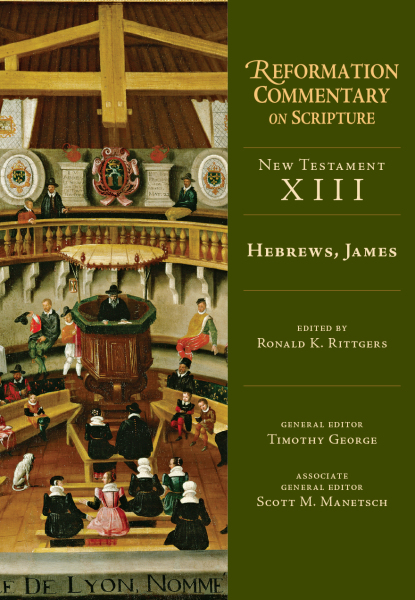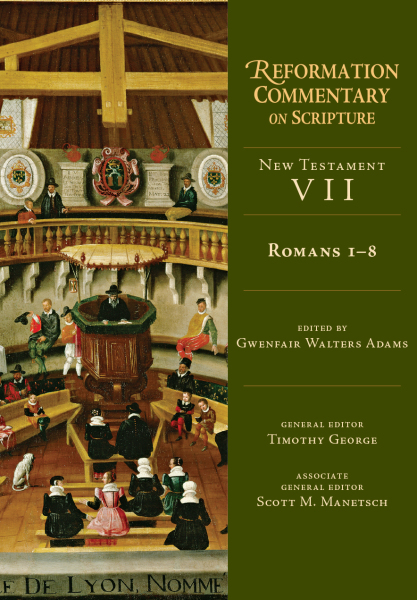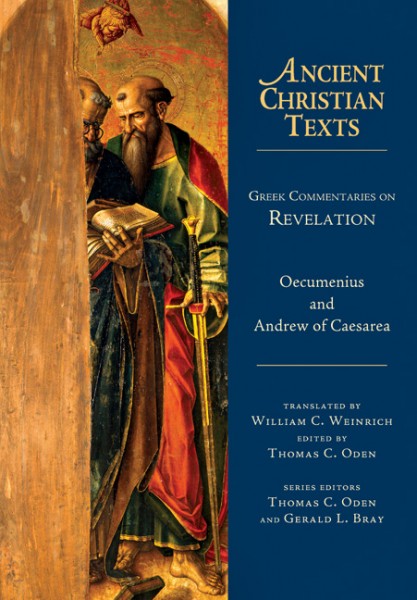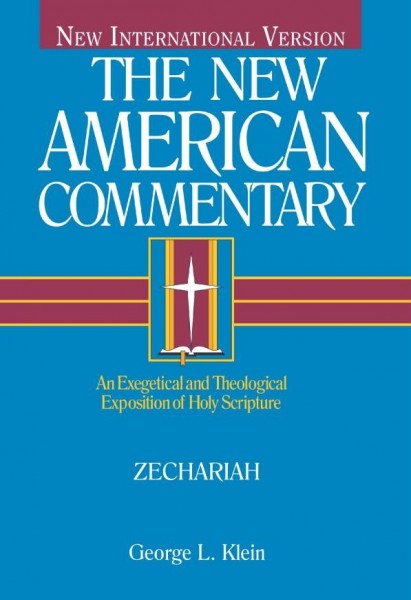

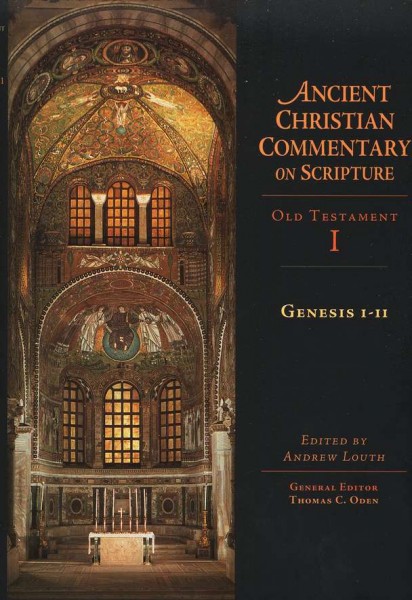
Genesis 1-11: Ancient Christian Commentary on Scripture (ACCS)

Genesis 1-11: Ancient Christian Commentary on Scripture (ACCS)
The Ancient Christian Commentary on Scripture does what very few of today's students of the Bible could do for themselves. With the aid of computer technology, the vast array of writings from the church fathers—including much that is available only in the ancient languages—have been combed for their comment on Scripture. From these results, scholars with a deep knowledge of the fathers and a heart for the church have hand-selected material for each volume, shaping, annotating and introducing it to today's readers. Each portion of commentary has been chosen for its salient insight, its rhetorical power and its faithful representation of the consensual exegesis of the early church.
The Ancient Christian Commentary on Scripture is an ecumenical project, promoting a vital link of communication between the varied Christian traditions of today and their common ancient ancestors in the faith. On this shared ground, we listen as leading pastoral theologians of seven centuries gather around the text of Scripture and offer their best theological, spiritual and pastoral insights.
Today the historical-critical method of interpretation has nearly exhausted its claim on the biblical text and on the church. In its wake there is a widespread yearning among Christian individuals and communities for the wholesome, the deep and the enduring. The Ancient Christian Commentary on Scripture does not seek to replace those excellent commentaries that have been produced in the twentieth century. Rather, it supplements them, framing them with interpretive voices that have long sustained the church and only recently have fallen silent. It invites us to listen with appreciative ears and sympathetic minds as our ancient ancestors in the faith describe and interpret the scriptural vistas as they see them.
The Ancient Christian Commentary on Scripture is a postcritical revival of the early commentary tradition known as the glossa ordinaria, a text artfully elaborated with ancient and authoritative reflections and insights. An uncommon companion for theological interpretation, spiritual reading, and wholesome teaching and preaching.
About the Genesis 1-11 volume:
The rich tapestry of the creation narrative in the early chapters of Genesis proved irresistible to the thoughtful, reflective minds of the church fathers. Within them they found the beginning threads from which to weave a theology of creation, fall and redemption. Following their mentor, the apostle Paul, they explored the profound significance of Adam as a type of Christ, the second Adam. The six days of creation proved especially attractive among the fathers as a subject for commentary, with Basil the Great and Ambrose producing well-known Hexaemerons. Similarly, Augustine devoted portions of five works to the first chapter of Genesis. As in previous volumes within the Ancient Christian Commentary on Scripture, the range of comment contained in Genesis 1-11 spans from the first century to the eighth, from East to West, and from Greek and Latin speakers to Syriac. Especially helpful in this volume is editor Andrew Louth's supply of Septuagintal alternative readings to the Masoretic text, which are often necessary to understanding the fathers' flow of thought. Genesis 1-11 opens up a treasure house of ancient wisdom,allowing these faithful witnesses, some appearing here in English translation for the first time, to speak with eloquence and intellectual acumen to the church today.
